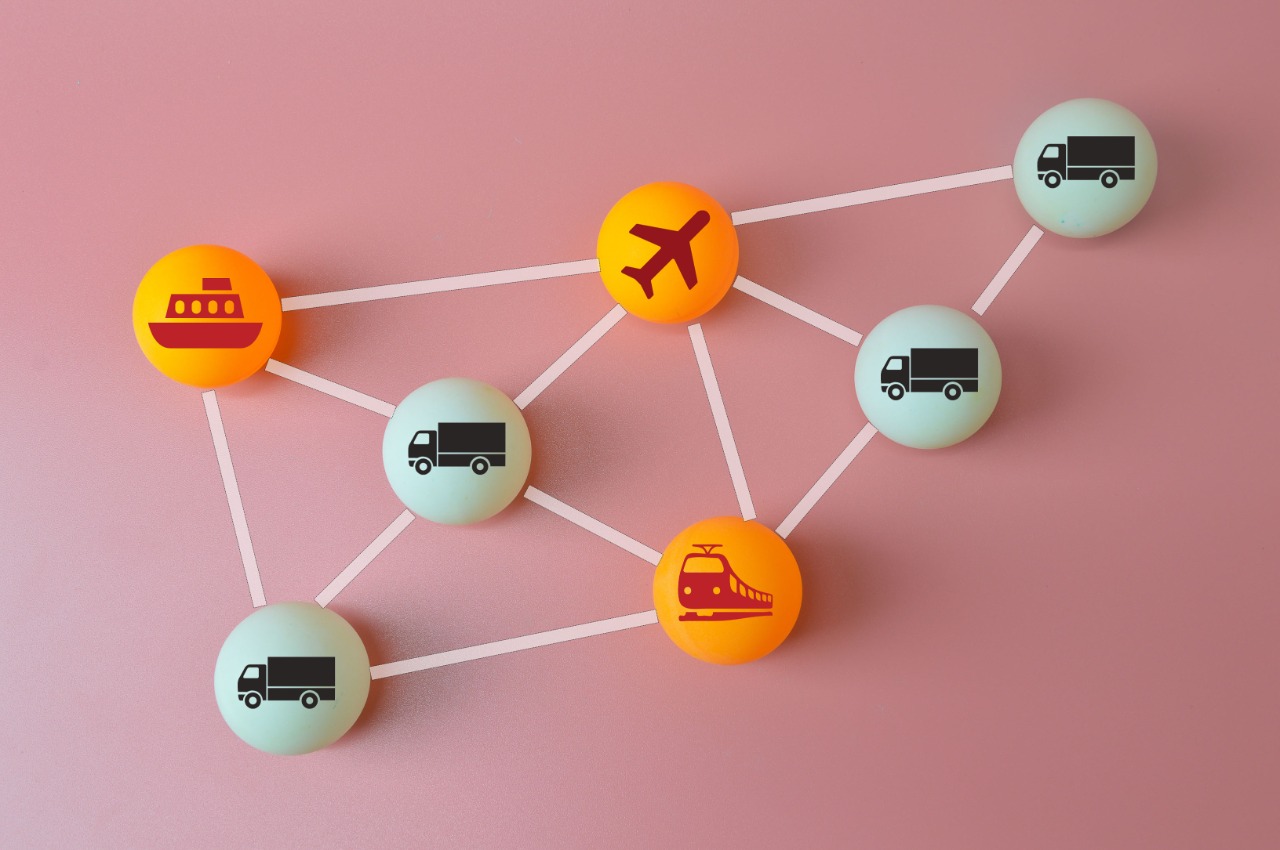- What does Data Processor do?
- Career and Scope of Data Processor
- Career path for Data Processor
- Key skills of Data Processor
- Top 20 Roles and responsibilities of Data Processor
- Cover letter for Data Processor
- Top 20 interview questions and answers for Data Processor
What does Data Processor do?
Data Processor is responsible for the management and processing of data. They work with computer systems and software to store, organize, and analyze data. They use their skills to ensure that data is accurate and accessible.
Career and Scope of Data Processor
Data Processor is a career that is in high demand. The role is responsible for the management and processing of data, which is a vital function in any organization. Data Processor is a career that offers a high level of job security and opportunities for advancement.
Career path for Data Processor
Data Processor is a career that offers a variety of career paths. Data Processor can choose to specialize in a particular area, such as data management or data analysis. Data Processor can also choose to advance their career by becoming a data administrator or a data scientist.
Key skills of Data Processor
Data Processor must have strong analytical and problem-solving skills. They must be able to work with large amounts of data and be able to find trends and patterns. Data Processor must be able to communicate effectively and work well in a team.
Top 20 Roles and responsibilities of Data Processor
1. Manage and process data using computer systems and software.
2. Store, organize, and analyze data.
3. Ensure that data is accurate and accessible.
4. Communicate effectively with other members of the data processing team.
5. Find trends and patterns in data.
6. Solve problems that arise during data processing.
7. Assist in the development of new data processing methods and systems.
8. Train other members of the data processing team on new systems and processes.
9. Maintain and update data processing documentation.
10. Monitor data processing activities to ensure quality and efficiency.
11. Coordinate with other departments to ensure data accuracy and accessibility.
12. Perform data backups and recovery procedures.
13. Diagnose and troubleshoot data processing issues.
14. Develop and implement data security measures.
15. Plan and execute data migration projects.
16. Optimize data processing procedures.
17. Evaluate and select data processing software and systems.
18. negotiate with vendors for data processing services.
19. Manage data processing budgets.
20. Stay up-to-date on new data processing technologies.
Cover letter for Data Processor
Dear Hiring Manager,
I am writing to apply to your data processor position. I am confident that I am the right candidate for this job as I have experience working with data and have the ability to process it quickly and accurately.
I am a fast learner and have the ability to pick up new software quickly. I am also detail-oriented and have a keen eye for spotting errors. I am confident that I can provide accurate and efficient data processing services to your company.
Please find attached my resume for your review. I would appreciate the opportunity to discuss my qualifications further with you. Thank you for your time and consideration.
Sincerely,
[Your Name]
Top 20 interview questions and answers for Data Processor
1. What is a data processor?
A data processor is a computer that processes data according to a set of instructions.
2. What are the main types of data processors?
The three main types of data processors are digital, analog, and hybrid.
3. What are the main components of a data processor?
The four main components of a data processor are the control unit, memory, input/output, and arithmetic/logic unit.
4. What is the control unit?
The control unit is responsible for fetching and executing instructions.
5. What is the memory?
The memory stores data and instructions.
6. What is the input/output?
The input/output is responsible for sending data to and receiving data from external devices.
7. What is the arithmetic/logic unit?
The arithmetic/logic unit performs arithmetic and logical operations.
8. What are the main types of data?
There are two main types of data: structured and unstructured.
9. What is structured data?
Structured data is data that is organized in a predefined format.
10. What is unstructured data?
Unstructured data is data that is not organized in a predefined format.
11. What are the main types of data processors?
The three main types of data processors are digital, analog, and hybrid.
12. What is digital data processing?
Digital data processing is the process of manipulating digital data.
13. What is analog data processing?
Analog data processing is the process of manipulating analog data.
14. What is hybrid data processing?
Hybrid data processing is the process of manipulating both digital and analog data.
15. What is the difference between digital and analog data processing?
Digital data processing is more precise than analog data processing.
16. What is the difference between digital and hybrid data processing?
Digital data processing is more versatile than hybrid data processing.
17. What are the main components of a digital data processor?
The four main components of a digital data processor are the control unit, memory, input/output, and arithmetic/logic unit.
18. What are the main components of an analog data processor?
The three main components of an analog data processor are the input, output, and processing unit.
19. What are the main components of a hybrid data processor?
The four main components of a hybrid data processor are the control unit, memory, input/output, and arithmetic/logic unit.
20. What is the difference between a digital data processor and a hybrid data processor?
A digital data processor is more versatile than a hybrid data processor.


